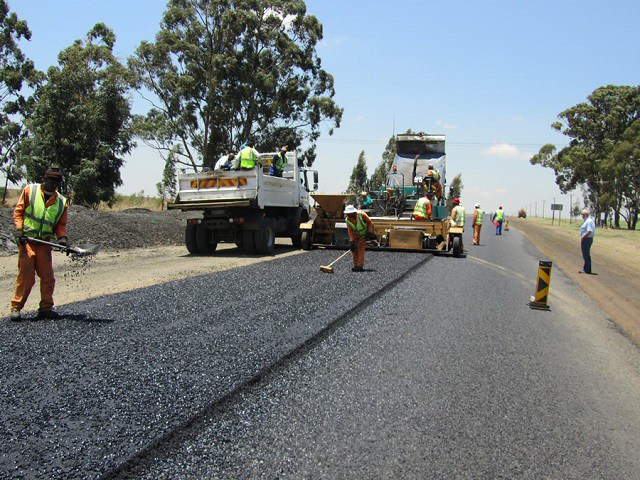By Ashley Kondo
The Infrastructure Development Bank of Zimbabwe (IDBZ) is partnering with various key institutions and entities from across the country in spearheading infrastructure development projects as Government walks the talk on creating an enabling environment for economic growth and prosperity under the Transitional Stabilisation Programme (TSP).
IDBZ official told the Harare Post yesterday that infrastructure was a basic requirement for economic development which does not directly produce goods and services but facilitates production across the different sectors of the economy.
IDBZ Bulawayo Manager, Sackson Makwasha, revealed that the Bank, together with other partners including Old Mutual, had struck a deal to construct a modern and upmarket offsite accommodation facility with high-rise buildings worth US$14 million for National University of Science and Technology (NUST)’s students.
The accommodation facility which is to be built opposite the University main entrance, along the Bulawayo-Gwanda Highway, will accommodate over a thousand students and is expected to be complete by October 2019.
“The accommodation facility would comprise space for supermarkets and banks on the ground floor and a cross over bridge linking it with the University.
“The supermarket would also benefit the community, hence creating a social bridge between the community and the university,” said Makwasha.
Plans are underway to expand the project scope to other tertiary institutions including School of Mines, Lupane and Midlands State Universities.
“Other than universities, we are also looking at polytechnics, Hillside Teachers College and School of Mines. We will also do the same for Lupane University and Midlands State University although we are still at planning level,” said Makwasha.
Students from NUST have welcomed the development as a strategic move which would bring relief to the students who have for many years been subjected to the high cost of living in private residence.
“We hope that the new accommodation will save us from the high costs associated with living and commuting from surrounding suburbs,” said one of the University second year female students who spoke to the Harare Post.




